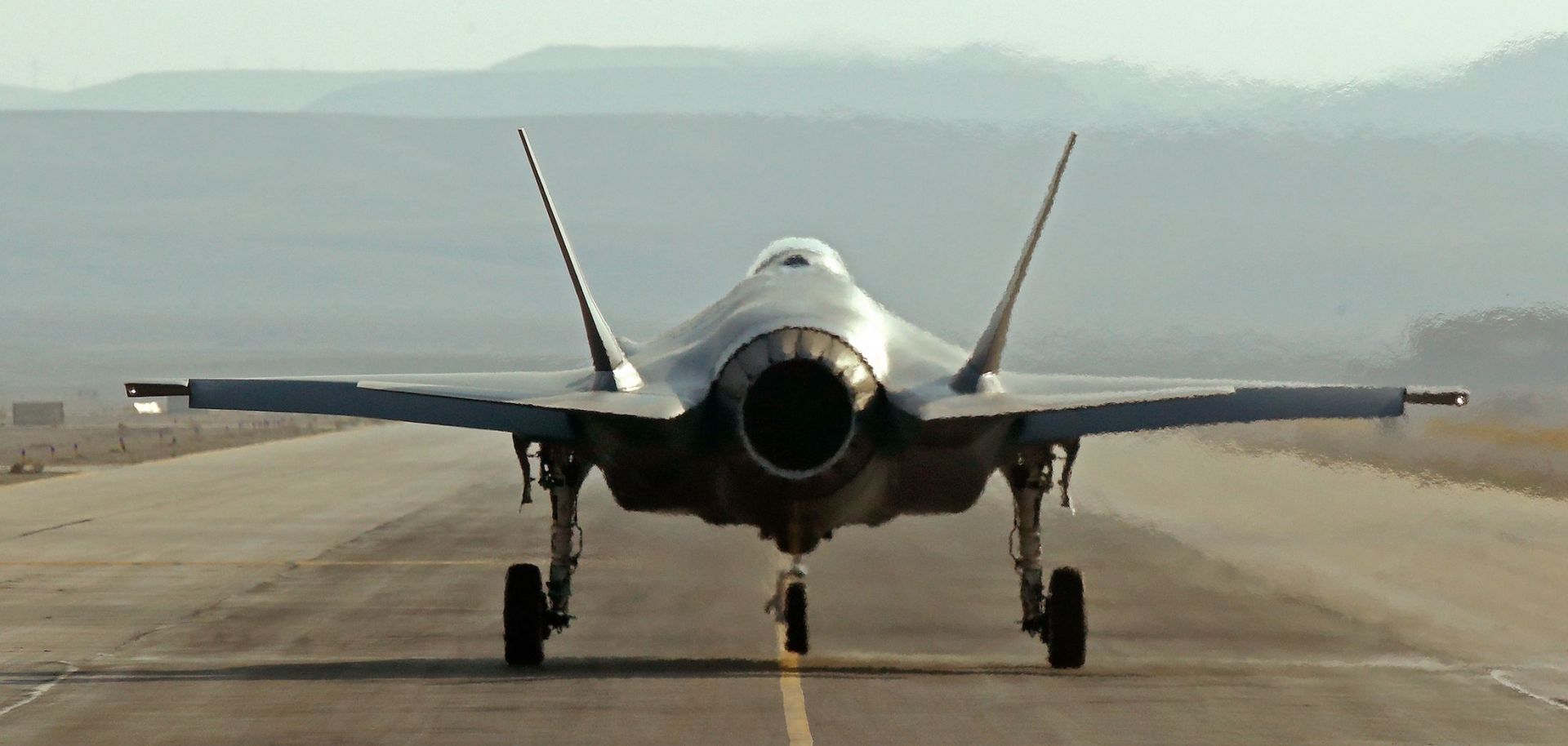The administration of U.S. President-elect Joe Biden is unlikely to upend the latest UAE-U.S. arms deal upon taking office, though it may restrict the use of American weapons in Abu Dhabi’s controversial regional operations. The United Arab Emirates will be the first Arab state to acquire the U.S.-made F-35 jets -- an advanced stealth fighter Washington previously reserved for NATO and its close allies in Asia, such as Japan -- after a Dec. 9 vote in the U.S. Senate failed to block a $23 billion sale of advanced F-35 stealth jets, drones and armaments to Abu Dhabi. Upon taking office in January, Tony Blinken, Biden’s nominated Security of State, has said that the incoming White House will take a “hard look” at the UAE arms deal, given the concerns voiced by U.S. lawmakers that the Emirates may use such weapons in Yemen and Libya. But while such a review raises the...

